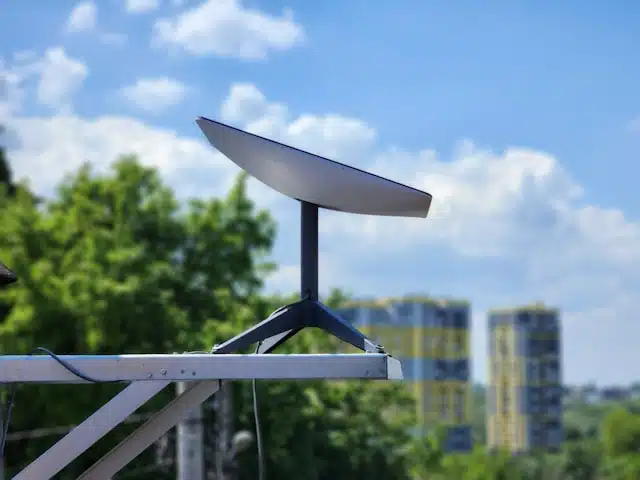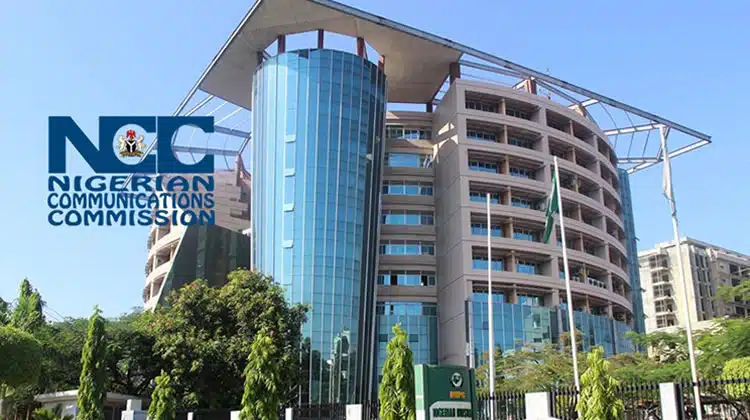More than 18,000 people in Nigeria ditched their Internet service providers (ISPs) in the past six months, as rising prices and service concerns triggered widespread cancellations.
According to the Nigerian Communications Commission (NCC), Starlink saw a sharp 14% drop in subscribers between January and March 2025, the largest quarterly decline since its arrival in the country in 2023.
The downturn follows Starlink’s controversial decision to double its monthly subscription fee from ₦38,000 to ₦75,000 in January. It also hiked its hardware price from ₦440,000 to ₦590,000, citing economic factors such as forex pressure and import costs.
Spectranet, the most widely used ISP in Nigeria, experienced a 2.08% decline in subscribers.
FibreOne, one of Nigeria’s largest fibre-to-the-home Internet providers, saw the biggest subscriber loss at 42.4%. Although FibreOne’s pricing changes weren’t as dramatic as Starlink’s, it has been affected by similar economic pressures and ongoing complaints about service outages and network reliability.
The data reflects a rising trend of consumer backlash as people re-evaluate what they’re getting for the money they spend on Internet access. Nigeria’s inflation remains stubbornly high, squeezing household budgets and pushing consumers to reconsider non-essential expenses.
The NCC report also highlights that the overall number of satellite Internet users in Nigeria fell to 23,064 in Q1 2025, down from 26,906 in Q4 2024. This marks a break from Starlink’s early growth trajectory, which saw it quickly gain traction among tech-savvy users and small businesses in urban and semi-urban areas.
FibreOne’s troubles appear to mirror broader issues in the local ISP market. Unstable connections, limited coverage, and customer service complaints continue to plague operators.
While FibreOne has made some efforts to expand coverage, including trials in cities like Ibadan and Abuja, it has yet to stem the tide of customer dissatisfaction.

Victoria Fakiya – Senior Writer
Techpoint Digest
Stop struggling to find your tech career path
Discover in-demand tech skills and build a standout portfolio in this FREE 5-day email course
As Internet services become more essential for work, education, and daily life, providers are facing growing pressure to deliver both value and reliability at a reasonable price. And in a market where price increases are often sudden and steep, the risk of subscriber churn is becoming harder to ignore.
Unless ISPs adjust their pricing strategies or improve service quality, more users may choose to opt out, either by switching to cheaper mobile data plans or cutting back entirely.











